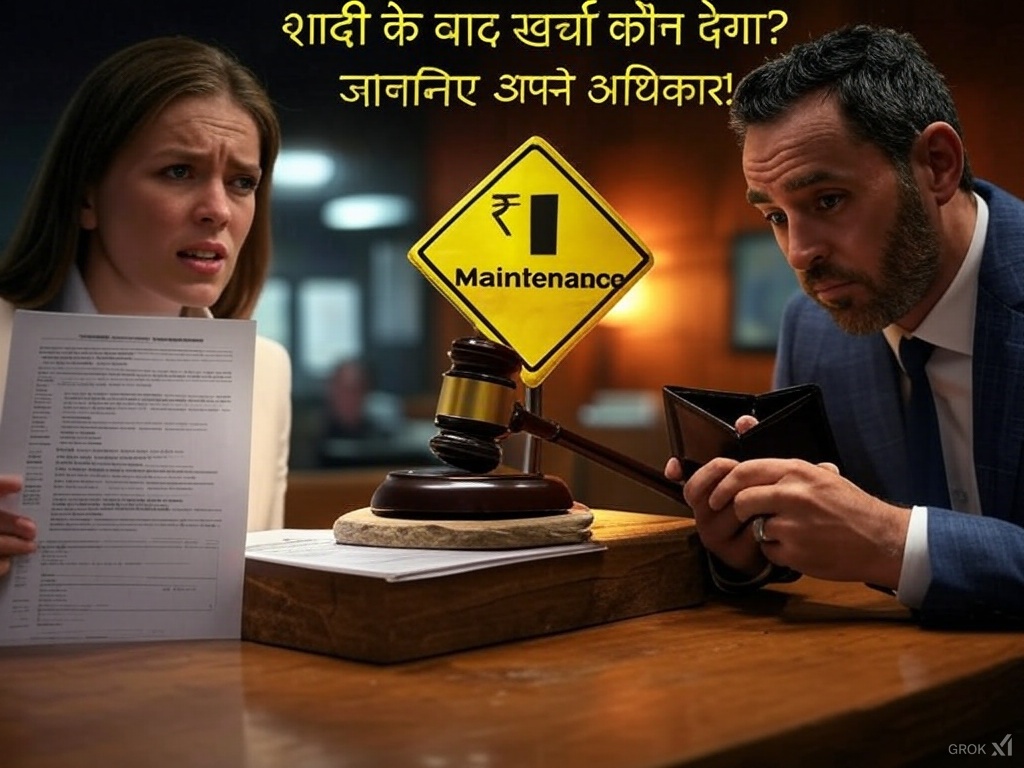Contents
- 1
- 1.1 Pepper Spray Is Legal in All 50 States—But With Rules
- 1.2 State-by-State Snapshot: Pepper Spray Legal Guidelines
- 1.3 Who Can Legally Carry Pepper Spray?
- 1.4 How Strong Can Your Pepper Spray Be?
- 1.5 Can You Carry Pepper Spray on a Plane, Bus, or School?
- 1.6 What If You Use It in Self-Defense?
- 1.7 Can I Legally Carry Pepper Spray in My State? Final Takeaway
In a world that feels increasingly unpredictable, personal safety has become a top priority. And for millions of Americans, that means carrying pepper spray for quick, non-lethal self-defense. But here’s the catch: can you legally carry pepper spray in your state? The answer might surprise you—and the consequences of getting it wrong can be far more serious than you think.
It seems simple: a small canister on a keychain, designed to stop an attacker and give you a chance to escape. But in the eyes of the law, pepper spray is a weapon, and its legality is governed by a patchwork of state-specific self-defense laws that vary wildly. What’s totally legal in Texas might be heavily restricted in New York. What’s fine for civilians in one state might require a permit in another. And in some areas, even the type or size of pepper spray can be the difference between legal protection and criminal charges.
If you’re asking, “Can I legally carry pepper spray in my state?” — you’re asking a question that could literally save you from a legal nightmare. In this guide, we’ll break down the essentials of U.S. pepper spray laws, what each state allows or restricts, and how to protect your right to defend yourself—without breaking the law.
Pepper Spray Is Legal in All 50 States—But With Rules
Let’s start with a crucial fact: pepper spray is legal in every U.S. state. Yes, you can carry it. But—and it’s a big but—each state regulates it differently. These laws cover everything from age restrictions and criminal background checks to size limits, shipping rules, and even the specific chemical compounds allowed in your spray.
For example, in California, pepper spray canisters are legal but must be under 2.5 ounces and can only be used for self-defense. In Massachusetts, you can’t just buy pepper spray over the counter—it must be purchased through a licensed firearms dealer. In New York, it’s legal to possess—but only if it’s bought from a licensed pharmacist or firearm dealer within the state. Try ordering pepper spray online and shipping it to New York? That’s a crime.
So while yes, you can carry it, you must know your state’s laws—or you could face fines, confiscation, or even arrest.
State-by-State Snapshot: Pepper Spray Legal Guidelines
Here’s a quick breakdown of key pepper spray laws across the U.S. (always verify with your state’s legal site or attorney for updates):
| State | Legal Status | Key Restrictions |
|---|---|---|
| California | Legal | Max 2.5 oz, only for self-defense |
| New York | Legal (limited) | Must purchase from in-state dealer or pharmacist |
| Massachusetts | Legal (restricted) | Must buy from licensed firearms dealer |
| Texas | Legal | No major restrictions |
| Illinois | Legal | Cannot use against police; illegal for felons |
| Michigan | Legal (with limits) | Max 10% OC content, no tear gas allowed |
| Wisconsin | Legal | Must have safety features, max 10% OC content |
| Hawaii | Legal (restricted) | No online purchase; must be registered |
| Alaska | Legal | No age restriction, allowed for defense against animals |
| Florida | Legal | Max 2 oz for civilian use |
This is just a sample. Each state has its own nuances, and some cities or counties have even stricter rules.
Who Can Legally Carry Pepper Spray?
In most states, you must be at least 18 years old and not have any felony convictions or violent criminal history. But again, this isn’t universal. Some states have additional restrictions for people with restraining orders, domestic violence charges, or mental health flags.
So if you’re a college student thinking of clipping pepper spray onto your bag, or a single mom carrying it in her purse, that’s generally legal—but only if you meet your state’s conditions. If you’re underage or have a disqualifying record, carrying pepper spray could land you in court.
And if you’re buying pepper spray as a gift for someone else? Be careful. In some jurisdictions, you can be held responsible if the person you gave it to wasn’t legally allowed to possess it.
How Strong Can Your Pepper Spray Be?
Here’s a detail most people overlook: the chemical strength of pepper spray is also regulated. Most states cap civilian spray formulas at 10% Oleoresin Capsicum (OC)—the active ingredient that causes temporary blindness, pain, and breathing issues in attackers. Anything stronger may be considered excessive force or even classified as a weapon.
States like Michigan and Wisconsin require that only OC-based spray is used—no tear gas, no CN or CS compounds. Some states mandate safety mechanisms, like flip tops, to prevent accidental discharge.
And remember, bear spray and dog deterrents are not the same as personal defense spray. Carrying bear spray in public could be illegal in some states unless you’re hiking in wildlife areas.
Can You Carry Pepper Spray on a Plane, Bus, or School?
Big no. TSA prohibits pepper spray in carry-on luggage, though you may be allowed to pack it in checked baggage with strict quantity limits (usually under 4 ounces). But even then, airlines have the final say.
Schools, government buildings, and courtrooms are strict no-pepper-spray zones. Carrying it into a school—even for self-defense—could result in suspension or criminal charges, especially if you’re a minor.
Public transportation, like buses or subways, also often bans it. If caught, it may be confiscated, and you could face fines or even prosecution under local transit authority rules.
What If You Use It in Self-Defense?
Using pepper spray legally is just as important as carrying it legally. In every state, you must be able to show that your use of force was justified—meaning you reasonably believed you were in immediate danger of physical harm or assault.
If you spray someone without provocation, in anger, or as a joke—you could be charged with assault. Even if you were defending yourself, if the force used was deemed excessive, you may face legal consequences. Always aim for de-escalation, use it only as a last resort, and call the police immediately afterward to report the incident and explain what happened.
Can I Legally Carry Pepper Spray in My State? Final Takeaway
Pepper spray may be one of the most common self-defense tools out there, but that doesn’t make it a legal free-for-all. It’s your responsibility to know your local laws, purchase your spray from approved vendors, carry it safely, and use it responsibly. What protects you in one city could get you fined—or arrested—in another.
So the next time you ask, “Can I legally carry pepper spray in my state?” remember: yes, but… only if you understand the full legal picture. When used lawfully, it’s an empowering tool. When ignored, the legal aftermath can be just as painful as the spray itself.


